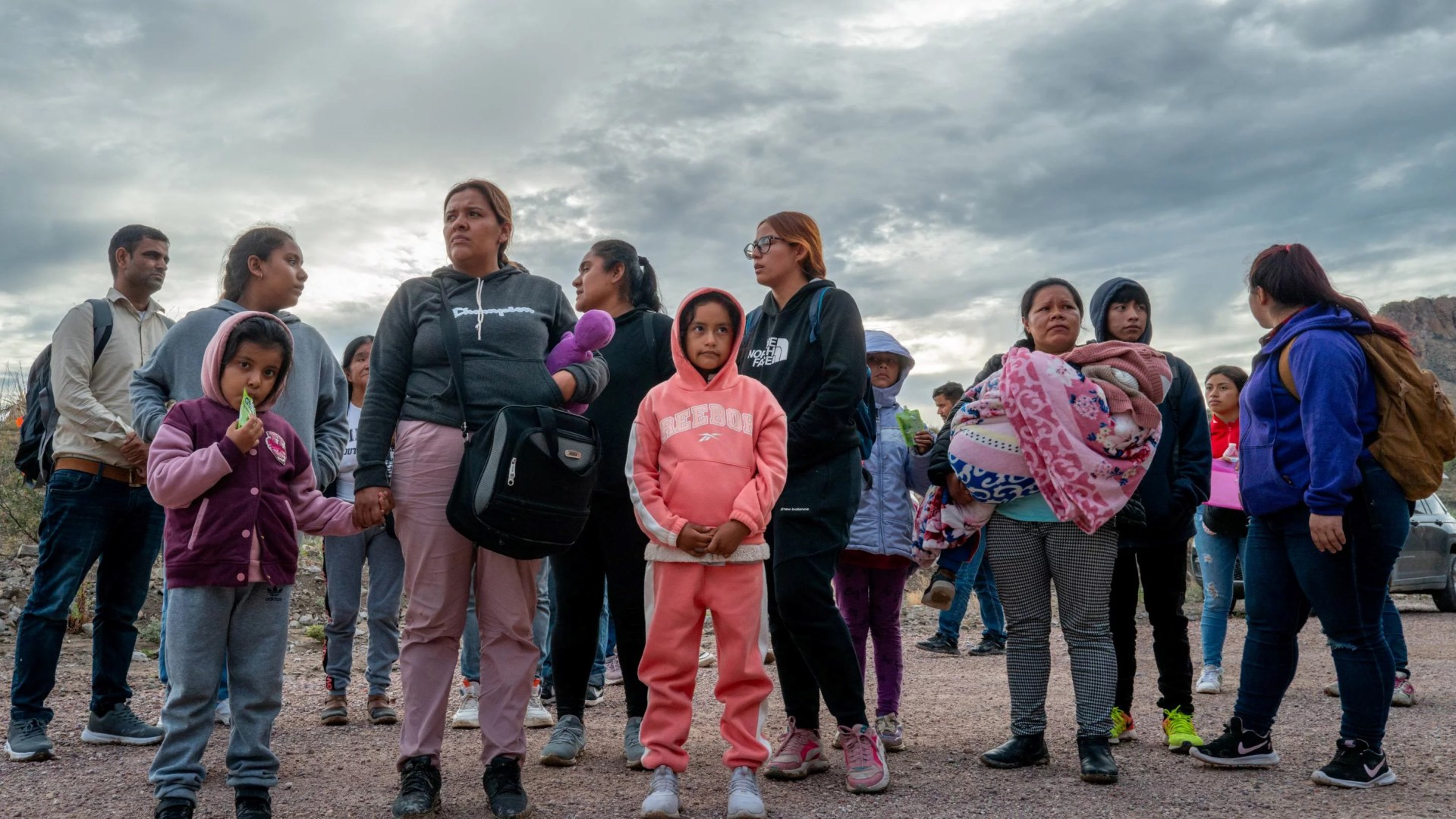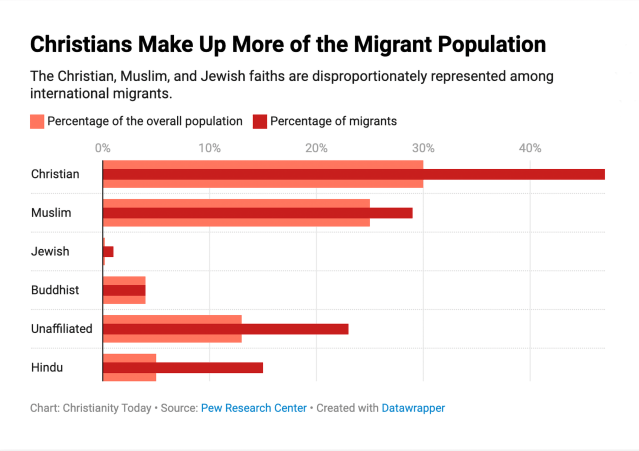Recent years have seen a large shift away from public education in America. Beyond private school options, charter schools are popping up across the country, and homeschool curriculum options are expanding. As a public school teacher and a Christian, I’ve empathized with friends as they pray and toil over the weighty, complex question of how to educate their kids.
I believe we can honor God in any schooling choice. Are you loving Christ? Are you caring for your neighbor as yourself? Are you discipling your children? Parents living within these biblical guardrails have much freedom to discern God’s specific will for their circumstances, including where they send their kids to school.
But it’s important to realize that our individual choices have communal consequences. As enrollment drops across public school districts, what students remain, and what happens to their education? How does our absence affect the most vulnerable within the neighborhood? Christians can and should support public schools even if we have kids enrolled elsewhere—or no kids at all.
As Christians, we’re called to seek the welfare of our cities (Jer. 29:7), and partnering with a neighborhood public school is a uniquely effectual way to do this. Where do children in poverty congregate daily en masse? Where do orphans build healthy attachments? Where do homeless kids get clean clothes? Where do students with disabilities learn fundamental life skills? In much of America, the answer is: At your local public school, every Monday through Friday.
The variety and number of needs in a public school classroom can be overwhelming. It’s far too great a load for the shoulders of one teacher. If you know an educator, a great start would be to periodically ask, “Is there anything your students need this week?
I speak from personal experience. In fact, I sometimes wonder whether I’d still be in education without the consistent and abundant support of the local church. I’m certain my students and I wouldn’t be flourishing to the degree that we are.
Over the last seven years, singly and in official church programs, Christians have donated school supplies, snacks, uniforms, and meals for students of mine who don’t have enough to eat over the weekends. Christians have tutored, mentored, volunteered for career day, and decorated classrooms. They’ve read us books and thrown class parties and chaperoned field trips. They’ve provided us with dental hygiene kits, brought clothes when houses have burned down, donated stuffed animals to students facing homelessness, and delivered groceries when primary caregivers have been incarcerated. They’ve even brought their sometimes-tired teacher friend a coffee, a lunch, or some flowers.
This past May, when my fourth graders met their national academic growth goals, I asked them to type up suggestions for what they’d want for their hard-earned reward. Most students asked for something realistic: a pizza party, Takis, or fidget spinners. But one kid skipped the typing and immediately blurted, “An Xbox!”
I smirked at him from across the room and joked, “What do you think I am, made of money?”
“Hey, that’s an idiom!” He smiled. “But also, you could probably ask some of your friends. You know, put your money all together.”
The earnestness in his demeanor caught me by surprise. Of course, I couldn’t help but giggle at the audacity of a nine-year-old. But secretly, I wondered if this meant he’d noticed how his Christian teacher’s friends had spent that school year generously giving of their time and their money. Maybe, just maybe, this kid was starting to recognize that these people shared all things, and that among them there was no need (Acts 2:44–45).
My hope is that he’ll someday know our God because of our love (John 13:34–35). And I hope that other kids in other schools will make the same connection after experiencing the same generosity. Here are a few practical ways to support your neighborhood school:
- If you have school-aged children who don’t go to public school, search online for a district school supply list for their grade level, go shopping with your kids, and drop the items off in the office of the closest public school. You might even leave your contact information with the guidance counselor and ask them to reach out as needs come up throughout the year.
- If you work a 9–5, give one lunch break a week to being a mentor or reading buddy at the public school closest to your work. You can go to that school’s website and email the guidance counselor, and they can plug you in to help meet a student’s need on campus.
- Seek to know the truth behind what’s happening within your local public schools, especially if they’ve become controversial in your circles. False rumors too easily circulate, and misinformation could damage imperfect but ultimately beneficial institutions serving the most vulnerable children in your area. Though there are undoubtedly exceptions to be found, it’s very likely that the good at your neighborhood school far outweighs the bad, so work to speak about it fairly and graciously.
- Finally, if your family is debating a school choice, don’t prematurely rule out your neighborhood school. Ask to take a tour of the campus, meet with an administrator, and look up data online. Ask an educator friend to help you interpret the nuances behind the information you find. Pray throughout the process. It might just be that your child could thrive right down the block from you, and opting into public school could bless your community as well as your family.
However you choose to support public schools, I implore you to do so. May we not mollify our consciences by pretending our personal decisions have no wider effects. May we refuse the path of apathy toward the flourishing of our neighborhoods. May we know these are little children whom Jesus deeply loves, and as we work to share his love with them, may they come to know him too.
Courtney Vineyard is a teacher and neighbor in Fort Worth.











































